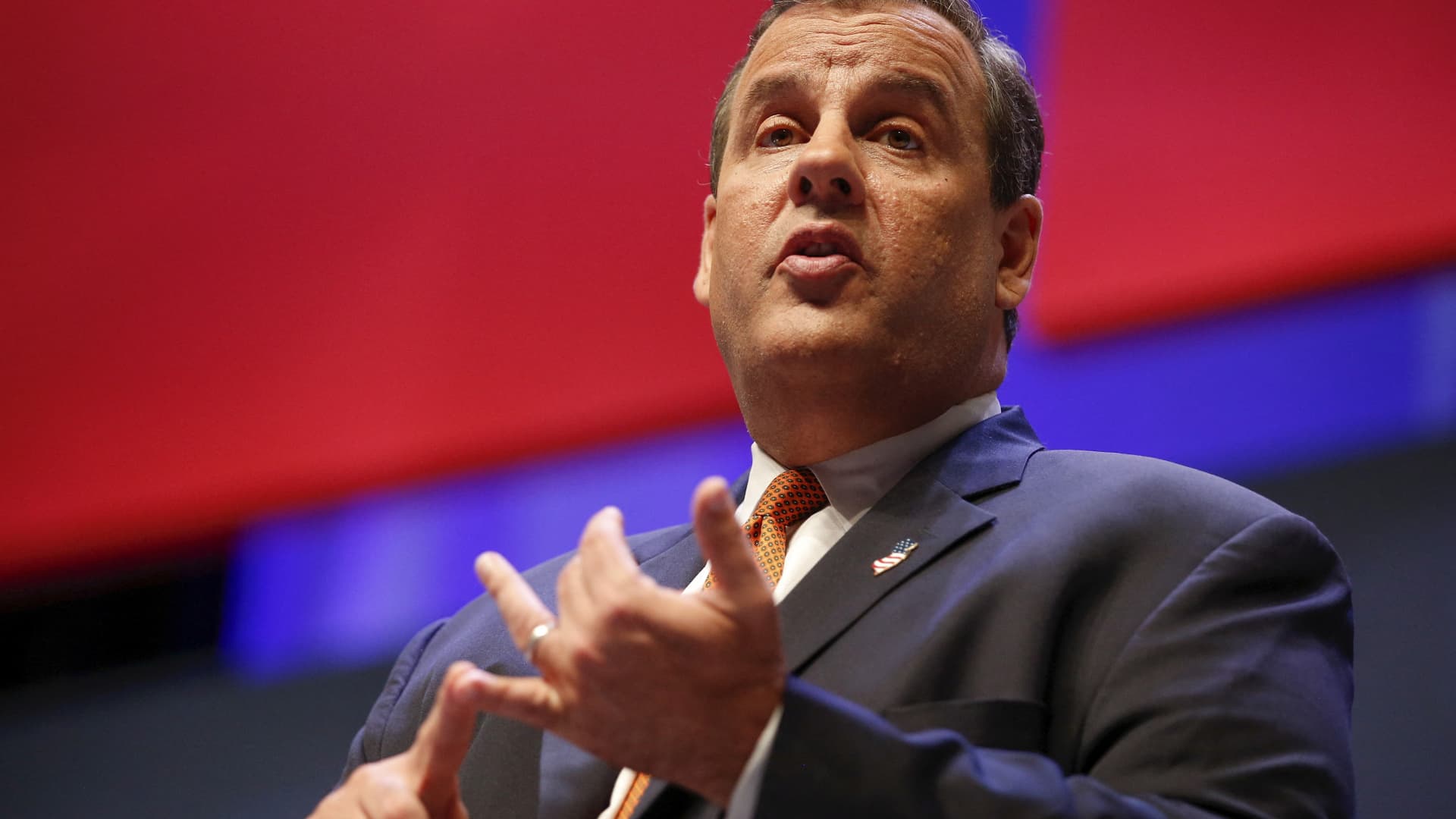Cyprus – Citizenship and Power of Nationalism
The nationalist organisations such as EOKA and the Greek Orthodox church had worked very hard over the last 60 years to ensure that Greek Cypriots, men, women and children had considered themselves Greek and rightful owners of whole of Cyprus. The Turkish Cypriots were an irritation that could only be tolerated as long as they learned to be subservient. Since 1950s, there were number of murderous attempts to force the Turkish Cypriots and non-sympathetic Greeks to this submission.
In 1960 Republic of Cyprus was formed ending the British colonial rule. With the republics constitution, Turkish Cypriots were meant to have been part of a nation of equal citizens regardless of their religion or ethnicity. However, even the formation of the Republic of Cyprus was part of a master plan orchestrated by the nationalist, in a step-by-step approach to annex Cyprus to Greece. In 1964 the Greek militia started their campaign of terrorising the Turkish Cypriots and anyone else that had a different vision of Cyprus to them. This continued until 1974, when the final push by the militia sponsored by Greece prompted Turkey’s intervention, which resulted in the ethnic partition of the island. Since then, the Greek propaganda machinery kicked in. Based on the doctrine that those who shout the loudest will be heard, the Greek refugees from one third of the island became the only symbol of the Cypriot tragedy. The plight of the muted Turkish Cypriots, forcefully expelled from the Greek controlled two third of the island, their suffering and continues isolation over the last 30 years had been ignored.
UN unification plan was an attempt to create a single Cypriot nation where two communities would be allowed to govern their internal affairs. It had offered a legal framework for resolving past problems whilst providing a framework for, reconciliation and gradual reintegration, provided emphasis on citizenship instead of ethnicity or religion.
The plan envisaged the reduction of Turkish Cypriot controlled areas by 25%. The owners of the land in the remaining areas would either have right of ownership or they were to be compensated. Two third of the Greek refugees who have seen their earnings escalate to more then 4 times of their Turkish counterpart would be allowed to re-settle, most of them under Greek administration. The Turkish army, the only source of security for the Turkish Cypriot people, would have been reduced from 35,000 to 650. Despite all this, the Turkish Cypriots who have learned to live with the painful past, looked in to the future with hope, spirit of compromise and a sense of citizenship. They were putting their trust in European democracies when they had so overwhelmingly voted in favour of the unification plan.
In contrast, the Greek Cypriots propaganda of the past that promoted their desire for unification and equal citizenship came to nothing. They embraced nationalism, voting by 76% against the plan. Anyone who campaigned for different values was muted. In fact, as recently as 3rd May, a week after the referendum, there was a grenade attack on the premises of the Greek Cypriot opposition leader who campaigned for the unification.
The Greek Cypriot’s fears over Turkey are groundless and are not reflected by the historical facts. Fear help the Greek nationalist maintain power and deflect attention from the fact that the Greek nationalist are responsible for gross brutality and genocide against the citizens of Cyprus both Turkish and Greek.
The campaign for the no vote by the Greeks and the eventual result of the referendum (76% No for settlement) was greeted with disappointment and surprise by the world leaders who luck the understanding of Cyprus history and the strength of Greek nationalism. The Turkish Cypriots are now hoping that, this new found wisdom would translate in to some concrete measures and end their suffering. However, the initial signs from the EU who are supposed to be the bastions of democracy and justice are not very encouraging. Let us hope that the US and the UN can do better
J. Kazim – B. Tech, M.Sc, C. Eng, FImarE.
A British Citizen of Turkish Cypriot Origin



